Well, it may seem like they’ve been going at it for awhile now…nevertheless, the first official Democratic primary debate was held last night, co-sponsored by the good folks at CNN and YouTube. [Transcript.] (As you likely heard, this gimmick this time was that the questions were submitted by Youtube users the nation over. All in all, they turned out to be a mixed bag, but no more or less cutting than the ones usually conjured up by George Stephanopoulos, Anderson Cooper, or some other venerable talking head of the moment. Still, not a single query on campaign finance reform managed to sneak through the vetters…so now, I kinda wish I had at least tried to submit one.)
And the verdict this time? Well, no one broke out of the pack as a result of their performance last night, which — the talking heads tell me (hey, David Gergen’s gotta eat) — means a win for Clinton. But, as with the past few debates, I still find my position further solidifying in favor of Obama and Edwards, and against the Senator from New York. (My reasons have been put forth previously here and here.) In fact, the most irritating moment of the debate for me, and I’ll admit that this’ll be considered well beyond stupid and pedantic to most people, was Senator Clinton’s butchering of the distinction between “liberal” and “progressive” to contort her way out of having to name herself the former. For what it’s worth, the key element of a turn-of-the-century progressive was never “someone who believes strongly in individual rights and freedoms” — that would be a liberal. Indeed, arguably the major flaw in the progressive movement — until after WWI — was its inattentiveness to individual rights and freedoms…hence, Prohibition, or, to take an even more sordid example, the proliferation of Jim Crow in the South.
But, more importantly, and this is what really irked me, Hillary Clinton has proven herself to be the least progressive of the Democratic candidates, in that she’s been the most willing to get into bed with corporate interests time and time again. (And, for you historians reading this, yes, I’m calling shenanigans on Kolko.)
Ok, I’ll concede, Clinton can’t honestly be expected to deliver a comprehensive historical disquisition about liberalism v. progressivism in a 45-second debate answer. But, please don’t chalk up my concern simply to being an aggrieved aspiring egghead just yet. (And, hey, speaking of parochial, Obama mentioned my hometown, Florence, SC, tonight, albeit not in a positive light. But I digress again.) The fact is, the differences between liberalism and progressivism do matter, particularly when you consider [a] how often politicians in our party seem confused, or even ignorant, about the Left’s guiding political philosophies these days, and [b] how different a truly progressive presidential candidate would seem from what Hillary Clinton has yet offered us.
Most importantly, a true “modern progressive” would push campaign finance reform, ethics in government, and voting reform though the heavens fall. These are hardly central tenets of the Clinton campaign, to say the least. And, along with the obvious necessities of a sane, competent, foreign policy, accessible, affordable health care, and comprehensively reworked environmental and energy plans, a real “modern progressive” would also extol education, civics reform, universal (if not mandatory) service, community-building, a vast increase in arts and science funding, an end to child poverty…all ways to help renew the bonds of citizenship, to help encourage an active, engaged, self-governing electorate, and to help foster a new generation of Americans more attuned and responsive to the concerns of their fellow men and women — here and around the globe — than they are to the self-absorbed and increasingly inescapable dictates of rapacious consumerism and the corporate bottom line.
It’s late, and I’ve clearly started soapboxing. Still, what I wrote back in 2000 here, before I came to Columbia, still holds: “I know it all sounds a bit academic and removed from reality, but, what can I say? This is where my idealism (or what vestiges of it that survive this election cycle) lies.” Well, it’s been a few election cycles since then, and in many other ways the years since have not been kind, in terms of progressivism or otherwise. I’d very much like to continue indulging in “the audacity of hope” when it comes to such matters — I know it’s way early in the game, and that we’re probably still at least a good 3 or 4 “Macaca moments” out before this all gets decided. But increasingly, and particularly after listening to these debates thus far and the virtual Clinton coronation by the talking heads thereafter, other quotes often come to mind as well. For example: “Look for your friends, but do not trust to hope. It has forsaken these lands.”
I’m not saying Clinton would make a terrible president — Obviously, she’d be much better than the current fiasco of an administration. (But, as always, who wouldn’t be?) But I do increasingly fear her tenure — if it’s marked by the same confused, wishy-washy and corporate-friendly Republican-lite “centrism” her campaign and the DLC have pushed in the past — will make for yet another missed opportunity in terms of fostering real progressive change in this country. (And Senator Clinton, to get to the point: I know progressives. I’ve spent the past six years and change studying progressives. And, you, Madam, have been no progressive.)

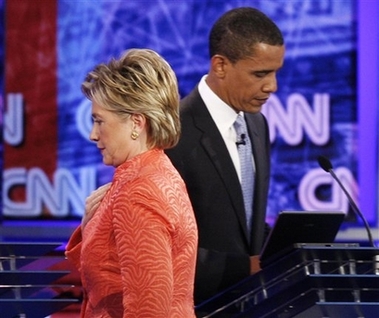
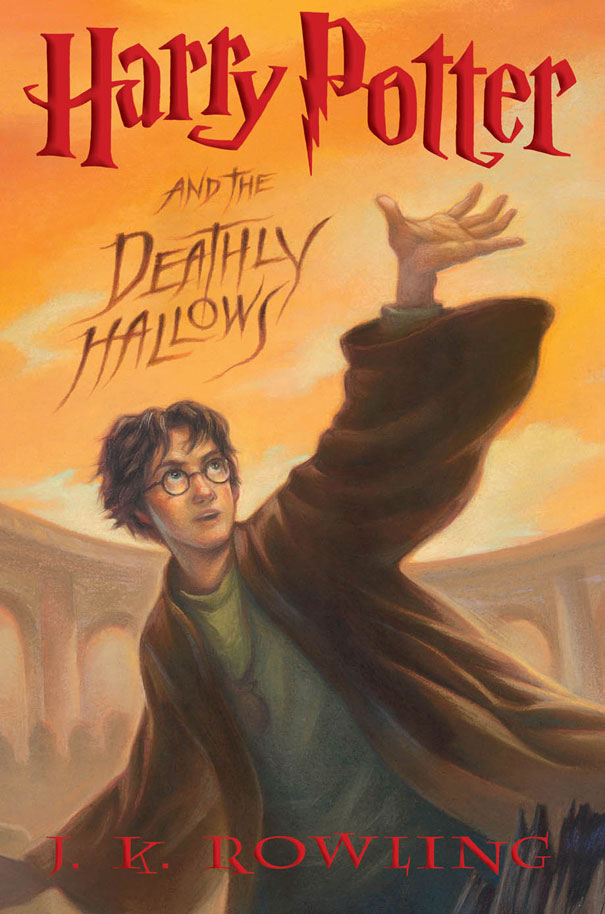
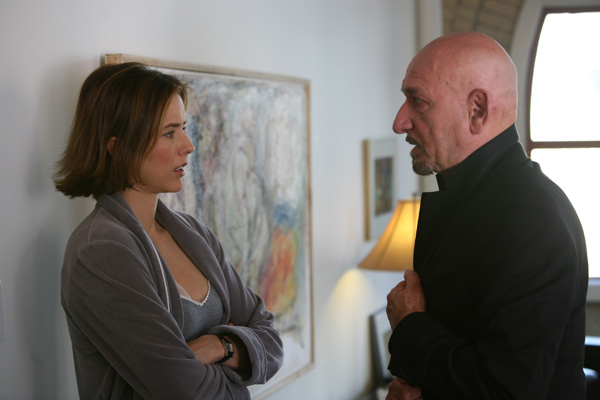
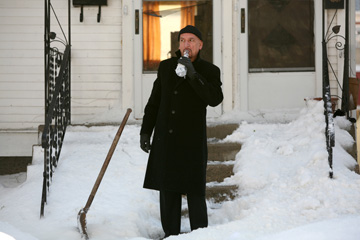
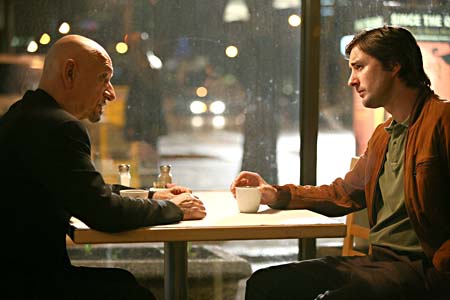

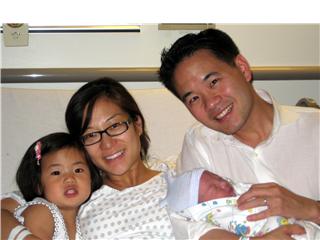 Congrats are in order
Congrats are in order